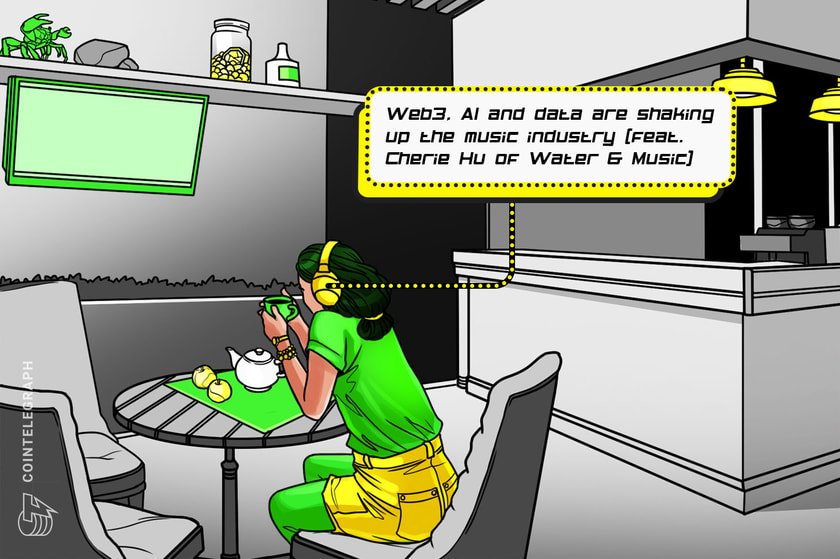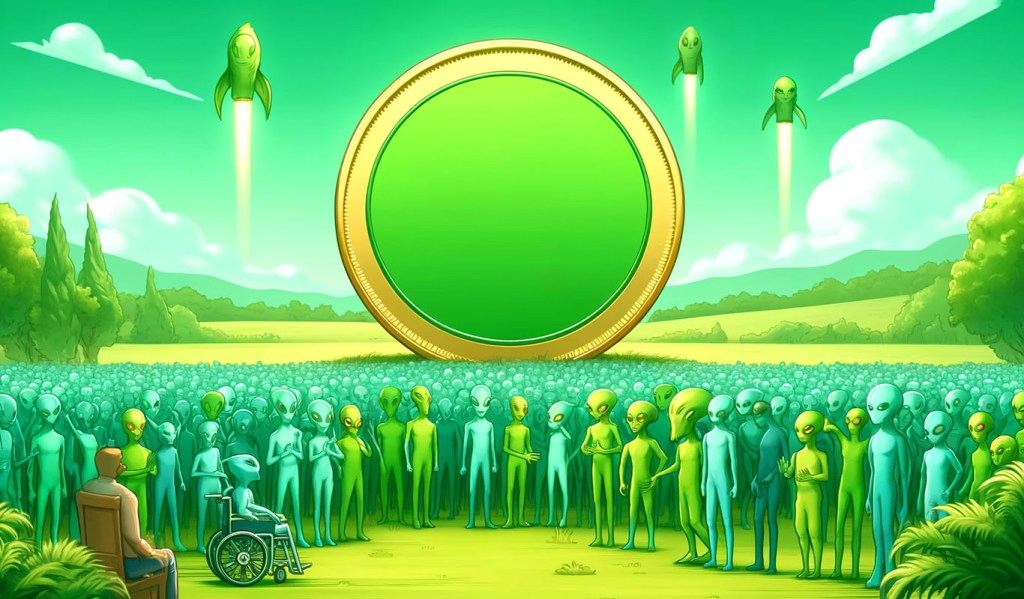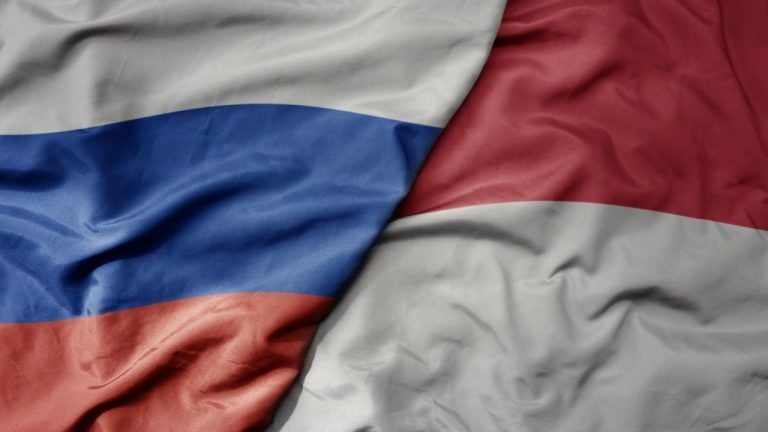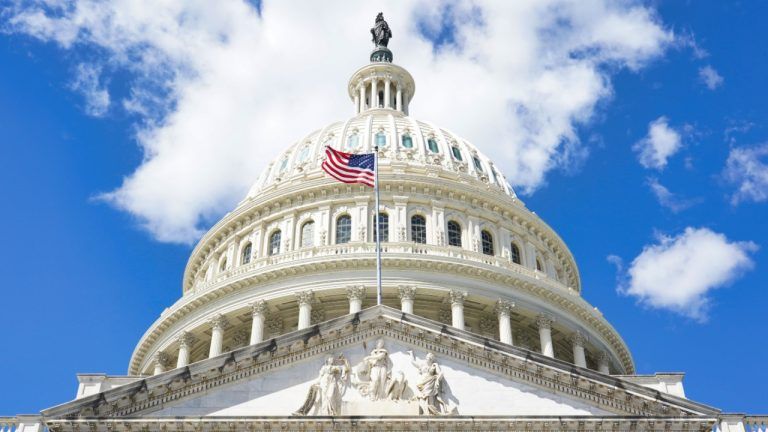
Water & Music’s Cherie Hu says Web3 and AI will revolutionize creativity: The Agenda

Water & Music founder Cherie Hu explains how technology is evolving the music industry — but is it to the benefit of musicians?
Curiosity might have killed the cat, but for musicians, it’s often the launchpad of creativity and innovation. 2023 saw the rapid growth of OpenAI’s powerful ChatGPT artificial intelligence tool, and technologies like Midjourney and Dall-E have provided content creators the ability to literally become a one-man band — or a one-person production studio.
Keeping pace with the rapid evolution of technology and its impact on relevant industries can be a challenge for the average busy person, and one of the goals of Water & Music is to offer a more research-backed approach for music industry professionals to inspect, discuss and experiment with new technologies.
On Episode 19 of The Agenda podcast, hosts Ray Salmond and Jonathan DeYoung speak with Cherie Hu, the founder of Water & Music — “an independent newsletter and research community on a mission to make the music industry more innovative, cooperative, and transparent.”
Change is inevitable
When asked about what’s new in the music industry, Hu recognized that “the old music business very much was driven by a small group of gatekeepers,” and she suggested that the pandemic, new technology and perhaps even some of the ideology that backs the Web3 movement would eventually change this status quo.
“The pandemic, I think, woke a lot of people up,” Hu said. “I think it encouraged people to become a lot more proactive about speaking out about and advocating for changes that they wanted to see.” She added:
“A lot of the most critical, like deeply critical, conversations I’ve heard about streaming have come in the last three years just because, due to the pandemic, artists were put in a position where they had to essentially rely solely on digital sources of income to make ends meet without touring. And then they look at their streaming checks and are like, ‘This is this is nothing. I can’t live off of this.’ And so, there have been a lot more productive conversations around alternative models to monetizing music in a digital context. Web3, of course, has played a huge, huge role in this.”
Historically, breaking into the music industry meant artists either needed to know the right people to get picked up or be able to fund their endeavors in a way that created enough ripples to capture a wider audience. Hu believes that within the traditional music industry, “a lot of those mechanisms haven’t really changed for like the last 10, 20, even 30 years,” but she also acknowledges that new technologies have opened up new methods for creators to completely circumvent the conventional path to success.
Hu said:
“The way that culture is moving, especially if you look at apps like TikTok and the impact that ecosystem has on music culture and what music, what songs get big, it just moves so quickly. The unfortunate part of the music industry is that the financing element has not caught up to it.”
According to Hu, Water & Music aspires to take a more analytical approach to how the music business is evolving and being impacted by emerging technologies.
“So when we think about the new music business, we definitely focus on new technologies that enable people to participate in the music industry. You know, whether it’s creating music, marketing music, building communities around it, monetizing it in totally new ways. We’re interested in that entire stack.”
Related: 5 AI trends to look forward to in 2023 and beyond
Web3 ideas and practices could become endemic to the music industry
Blockchain-based gaming, nonfungible token collections and other Web3 gimmicks were all the rage in 2020 and 2021 when the broader crypto space was in a bull market, but host Salmond wondered how relevant these tactics are today, particularly in the music industry.
Hu explained that with gaming, there are currently “more opportunities for building experiences than for monetizing them and building a business out of them. I would say that element is still missing and still challenging for a lot of indie artists.”
The infrastructure, time and overhead required to build out entire worlds is labor-intensive and not necessarily proven to be sticky, except for major gaming platforms like Roblox. Hu explained that a more pragmatic opportunity for artists might be sync licensing. According to her:
“Sync, or synchronization, licensing is the music industry term for licensing music for any kind of audio-visual multimedia experience, so like a film or a podcast or a game. And there are actually a lot of mobile games, especially, which I think is probably one of the more underexplored areas of music and gaming partnerships. You normally think of these huge games like League of Legends or Fortnite, but there are a lot of emerging mobile games, a lot especially built around music, that are looking for partnerships with the music industry.”
To hear more from Hu’s conversation with The Agenda — including her deeper explanation of how subscribers have benefited from the research published by Water & Music — listen to the full episode on Cointelegraph’s Podcasts page, Apple Podcasts or Spotify. And don’t forget to check out Cointelegraph’s full lineup of other shows!
Related: AI music sending traditional industry into ‘panic,’ says new AI music platform CEO
This article is for general information purposes and is not intended to be and should not be taken as legal or investment advice. The views, thoughts, and opinions expressed here are the author’s alone and do not necessarily reflect or represent the views and opinions of Cointelegraph.
Go to Source
Author: Ray Salmond









